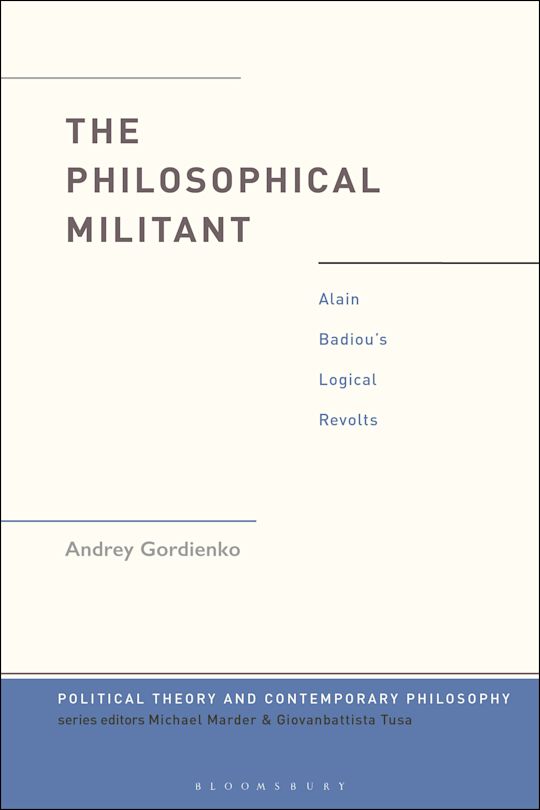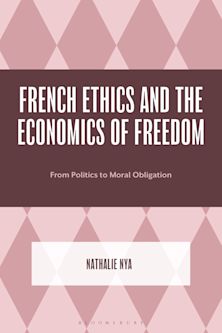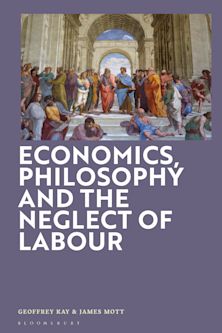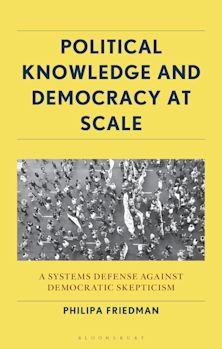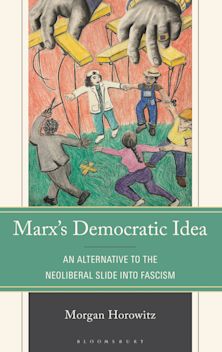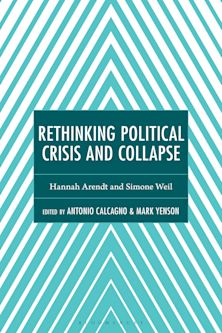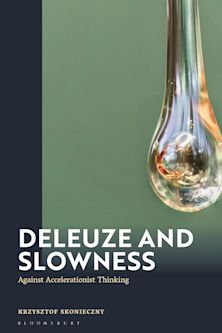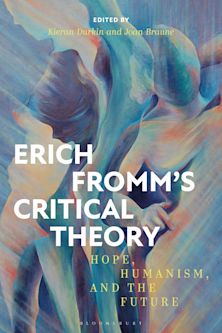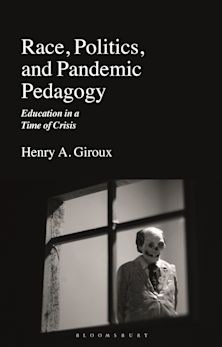- Home
- ACADEMIC
- Philosophy
- Social and Political Philosophy
- The Philosophical Militant
The Philosophical Militant
Alain Badiou's Logical Revolts
The Philosophical Militant
Alain Badiou's Logical Revolts
You must sign in to add this item to your wishlist. Please sign in or create an account
Description
Approaching Alain Badiou as a militant thinker who wages theoretical battles to advance the communist hypothesis, this book explores the central ambiguity of his project: the enigmatic relationship between philosophy and politics.
On the one hand, Badiou's mature texts maintain a strict line of separation between the two thought-practices. On the other, he consistently links the philosophical pursuit of true life to a political revolt against injustice and domination.
By making a case for the French philosopher as a combative polemicist rather than a builder of grand ontological systems, The Philosophical Militant advances a new imperative for philosophy – to privilege active engagement with the present. Tracing Badiou's engagement with canonical philosophers, putting him in dialogue with contemporary theorists, and exploring the relevance of his ideas to the politics of Trump and the COVID-19 pandemic, this text foregrounds the actuality of Badiou's work. Not limiting itself to commentary on the philosopher's canonical texts, Gordienko aspires to think the contemporary moment with Badiou.
Table of Contents
Acknowledgements
Introduction: The Philosopher as the Contemporary
Part I. Struggles on the Philosophical Battlefield
1. Politics and Philosophy in the Red Years: Sartre, Althusser, and the Problematic of Suture
2. The Cause of the People: Sartre's Encounter with Lacan in Badiou's Theory of the Subject
3. The Ethics of Communism: From Sartrean Responsibility to Lacanian Drive
4. Foucault, Badiou, and the Courage of Philosophy
Part II. Diagnoses of the Political Disease
5. “The Most Cynical Prostitution”: Liberalism and Democracy
6. Is There a Theory of Neoliberalism in Badiou's Work?
7. Does the Left Dream of the Commune or the Lockdown?
8. Trump and the Erasure of Political Frontiers
Notes
Select Bibliography
Product details

| Published | 27 Nov 2025 |
|---|---|
| Format | Ebook (PDF) |
| Edition | 1st |
| Extent | 272 |
| ISBN | 9781350514638 |
| Imprint | Bloomsbury Academic |
| Series | Political Theory and Contemporary Philosophy |
| Publisher | Bloomsbury Publishing |
About the contributors
Reviews
-
Gordienko's book on Badiou is a brilliant, rigorous, and timely intervention into contemporary political philosophy. By staging a critical dialogue with Sartre, Lacan, Althusser, and Foucault (among others) the book situates Badiou within a lineage of radical thought while also mounting an uncompromising polemic against the ideological complacencies of our technocratic order. Rejecting the conciliatory gestures of liberal capitalism, Gordienko reasserts the vitality of (anti)philosophy as a political act-one committed to confronting the Real and reimagining the conditions of the possible.
Fabio Vighi, Professor of Italian and Critical Theory, Cardiff University
-
By tracing the evolution of Badiou's thought and highlighting the importance of grass-roots militancy, Andrey Gordienko brilliantly illustrates Badiou's assertion that philosophy is 'logical revolt'.
Nick Hewlett, Professor of French, University of Warwick, UK
-
Gordienko's The Philosophical Militant presents a rich and novel account of Alain Badiou's work, with an emphasis on its relationship to politics and political activism, or “militancy.” Gordienko presents Badiou's central concepts not only in terms of his three primary contemporary influences -- Sartre, Althusser, and Lacan -- but also in relation to Foucault, who is rarely considered in conjunction with Badiou. Gordienko goes on to discuss the implications of Badiou's thinking for current political discussions and situations, such as the concepts of democracy, liberalism and neoliberalism, the politicization of the Covid pandemic, and the ascendency of right-wing nationalism. Gordienko's book takes a giant step forward in the urgent project of making Badiou's ideas available for both experimental critical theory and direct political practice.
Kenneth Reinhard, Research Professor of Comparative Literature and English, UCLA

ONLINE RESOURCES
Bloomsbury Collections
This book is available on Bloomsbury Collections where your library has access.









